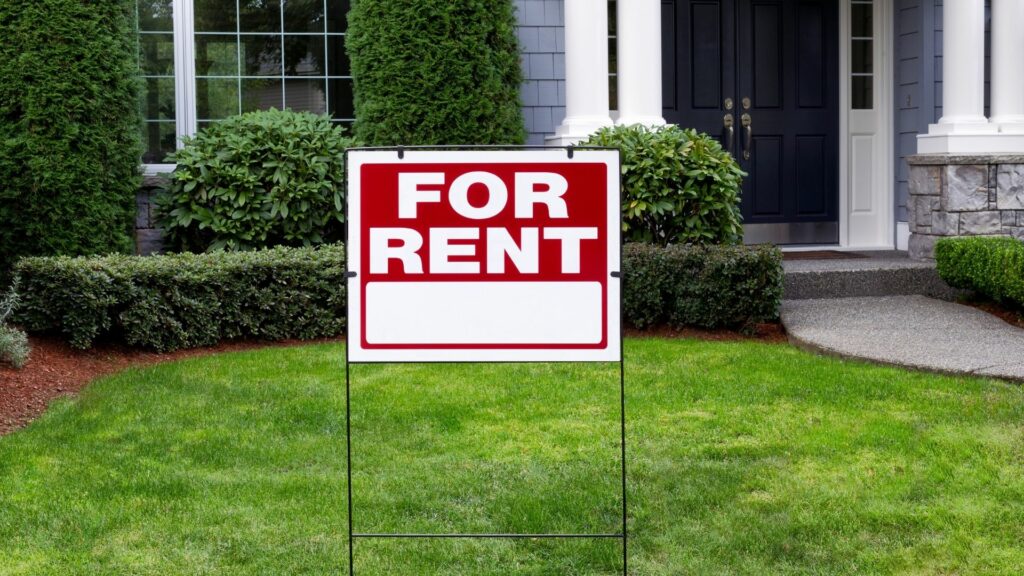
How to expand your Investment Property Portfolio using your Property’s Equity?
Posted on September 22, 2022 by Mirren Property InvestmentUsing your equity to add more properties to your investment portfolio is one of the best ways to get funding for your property investment plans. Unlike saving up for the downpayment which can take a long time, using the equity you have right now can help you get started much earlier.
**What Is Equity? **
Have you ever heard of the word ‘equity’ being used by real estate experts? Or have you read articles (like this one) that mention it? Perhaps you’ve heard someone say “tap into your equity” or something similar…so what is equity?
In simple terms, equity refers to your property’s current market value minus the amount of money you owe on it. Anyone who owns a property has some form of equity no matter how small. In the absence of savings, your equity can help you grow your property portfolio.
Equity is also a common term often used when people talk about property investment strategies. People who are looking for funding will always go to their equity first before trying a home loan from the bank or the government.
How To Invest in New Properties Using Your Equity?
1. Increase the equity in your current home or investment property
Investment properties are like the seeds you plant and watch while they grow. If you want to reap your profits sooner, you must be willing to speed up growth or increase the value by adding fertilizers or in properties, doing renovations. Pay down your loan quickly or buy something at a lower market price then renovate and develop it to sell at a higher price. Both these strategies are some ways you can increase the equity of your property.
2. Get a valuation on your property
With the help of your investment strategist, you can check your current property valuation. If you want to do it yourself, you can also do so by comparing your property online and through real estate agent appraisals.
3. Figure out how much equity you need to afford another investment property
Try to keep it below 80% so you don’t have to pay Lender’s Mortgage Insurance (LSI). You can also use your savings along with your equity. If you have a mortgage on your home, it’s better to lower your mortgage first then extract equity for investing. Remember that home loans are not tax-deductible so if you want to get the most out of your money, use your savings to lower your home loan first.
4. Cash in your equity
Instead of relying on your income from your salary or your business, why not cash in your property equity today? If you’ve purchased an investment property in the last ten years, check your equity. You might already have access to a large pool of cash without even realizing it. You can then use this equity to fund a cash purchase for another property you want to invest in. A lot of homeowners have refinanced their investment properties to gain access to their equity and fund cash purchases on areas with lower property values.
5. Use Your Equity To Get a Bigger Loan
If you don’t have enough equity to buy another investment property, you can always use the funds as a deposit for your next investment. So if you have $200,000 equity in your property, you can borrow up to 80% of that or a total of 160,000 to use as a deposit for your new loan.
Things To Remember:
- You can maximize your equity through cosmetic renovations in your home. You can do kitchen and bathroom renovations or recarpet and repainting. You can also do extensions in rental investment properties such as granny flats and rooms to increase your cash-flow opportunities.
- When borrowing equity, always ask your lenders first how much you can borrow and the costs of LMI in the long term.
If unsure how to use your equity to get a loan, speak with our investment strategist who specialises in this field. - Don’t forget to do risk-analysis each time you get a new investment property. Be realistic and know whether or not you can pay back the loan if you face a period of rental vacancy or a sudden rate rise. Always have an investment strategy that looks for both the current as well as long term benefits. A property strategist at Mirren can help you make the right decisions.
Using your equity to fund new property investment properties is a wise strategy in building your real estate portfolio. However, always be wary of the properties you choose to invest in. Don’t invest in properties that might be too risky for your financial state. If you do, make sure you have plenty of cash reserves. Being prepared for a financial emergency can help you through tough times. That’s why it’s always wise to create a plan before rushing towards a deal. If you’re unsure about the best practices, it’s always wise to consult with a professional to help you out.
Have you planned to add an investment property to your portfolio, but are now hesitant to go ahead? We have helped several of our clients – both first-time investors and seasoned investors, navigate through this current crisis in the best possible manner. We’re happy to give you a complimentary, no-obligation strategy session to discover the best course of action for you. Reach us here.



